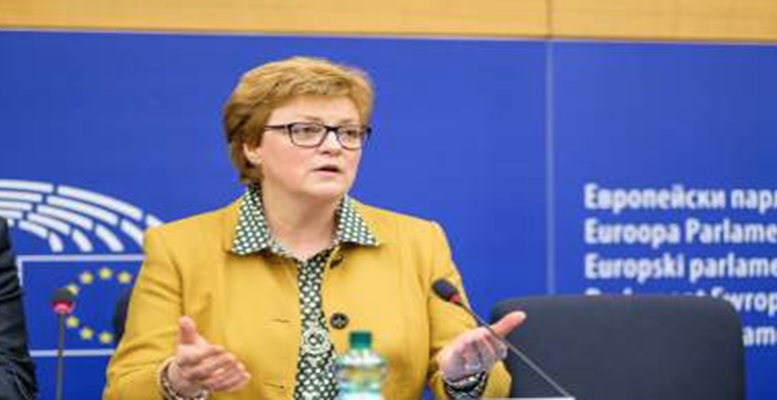The delegation of MEPs will return from Madrid to Brussels on Wednesday with the feeling of having failed to get “answers” to the main questions that caused their “serious doubts” about Spain’s management of the NextGenerationEU recovery funds.
The government has boasted of co-governance, but the Autonomous Communities do not ratify it,” explains an internal source within the mission. “We asked Nadia Calviño and José Luis Escrivá about the reduction of embezzlement, and there was no answer; after their very long presentation, we questioned María Jesús Montero about the COFFEE platform (Common Platform of FFFEE -European Funds-, a module of the Recovery and Resilience Mechanism), and she didn’t answer either”. And on the question pension reform, which is already two months late, these sources explain, it is much the same story.
The president of the mission, Germany’s Monika Hohlmeier, is grateful for the “cordial tone” of the ministers. But she leaves without answers: Why is Spain downgrading the crime of embezzlement, just when it is receiving billions in European funds? He told Economy Minister Nadia Calviño, who responded evasively.
The committee regrets not having been able to find the cooperation it needed to interview the former director general of European Funds, Rocío Frutos, who was dismissed last October, or the last-minute withdrawal of the Minister of Industry, Reyes Maroto.
Thus, Hohlmeier returns to the European capital with the certainty of the ‘nervousness’ of the Executive. And with the feeling that “on key issues, the ministers have only offered evasions”.
And with so “little transparency available” it was impossible for any member of the Council of Ministers to give “the exact figure” for the money that has already reached the real economy.
And so they put forward two scenarios: greater “co-governance” in the addendum to the Recovery Plan, which Calviño intends to present before the end of the month in Brussels; or the processing of decree 36/2020 as a bill. The text has been at a standstill for two years, despite the government’s commitment to “accept improvements” from the parliamentary groups.
“Hohlmeier asked about the 81 extensions to the decree, which has been lying dormant in a drawer in Congress,” explained one MEP at the end of the second day of meetings. “It would be an opportunity for the government to accept amendments that would help to speed up the management of the funds.





